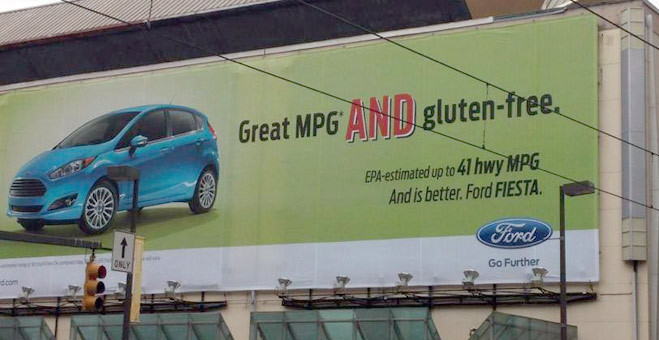HFWR
Give me a museum and I'll fill it. (Picasso) Give me a forum ...
There are proteins other than gluten in wheat, and, for that matter, one can be allergic to wheat, but not specifically sensitive to gluten.
I don't have any discernible problems with wheat products, but I think the focus on eating grains, whole or otherwise, is wrong-headed.
I don't have any discernible problems with wheat products, but I think the focus on eating grains, whole or otherwise, is wrong-headed.


